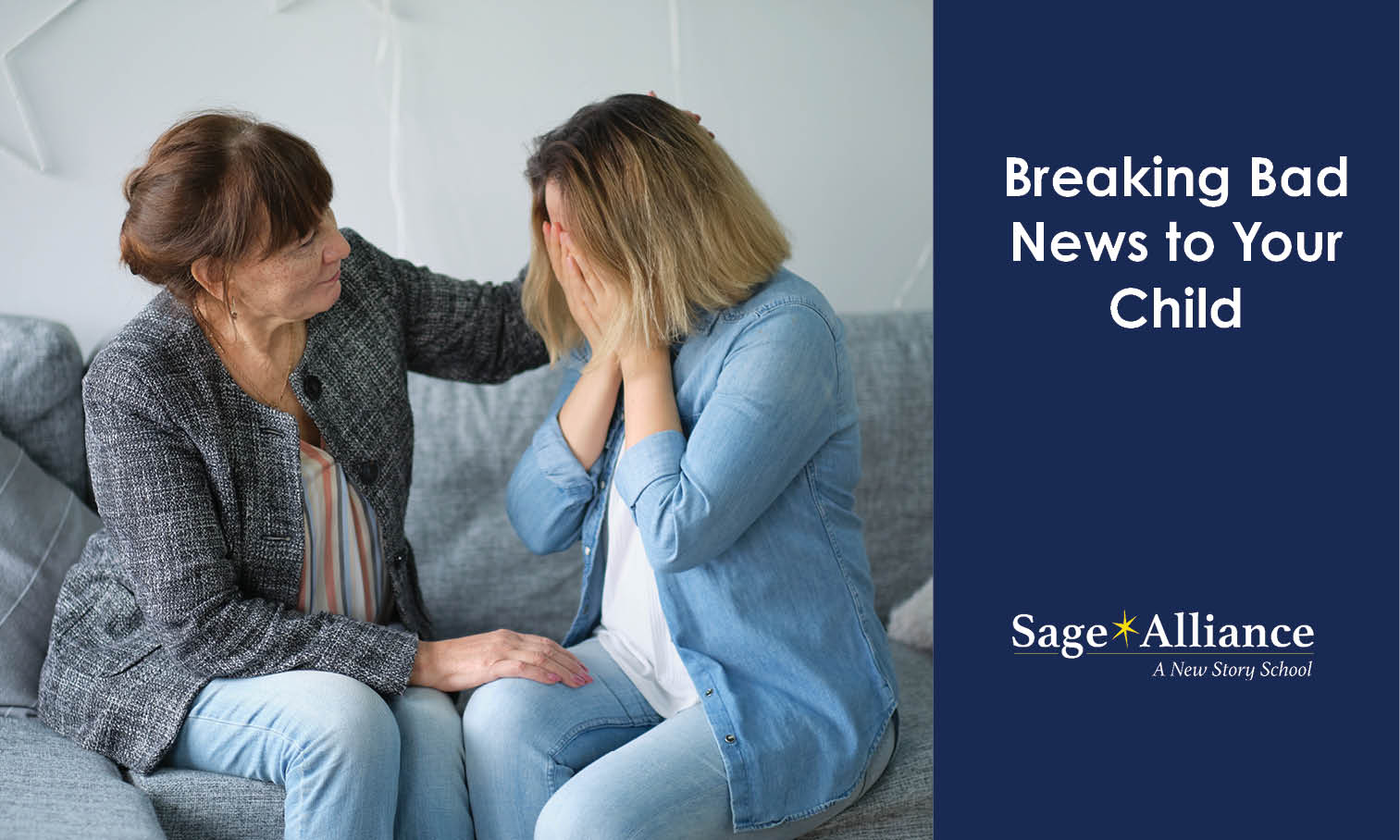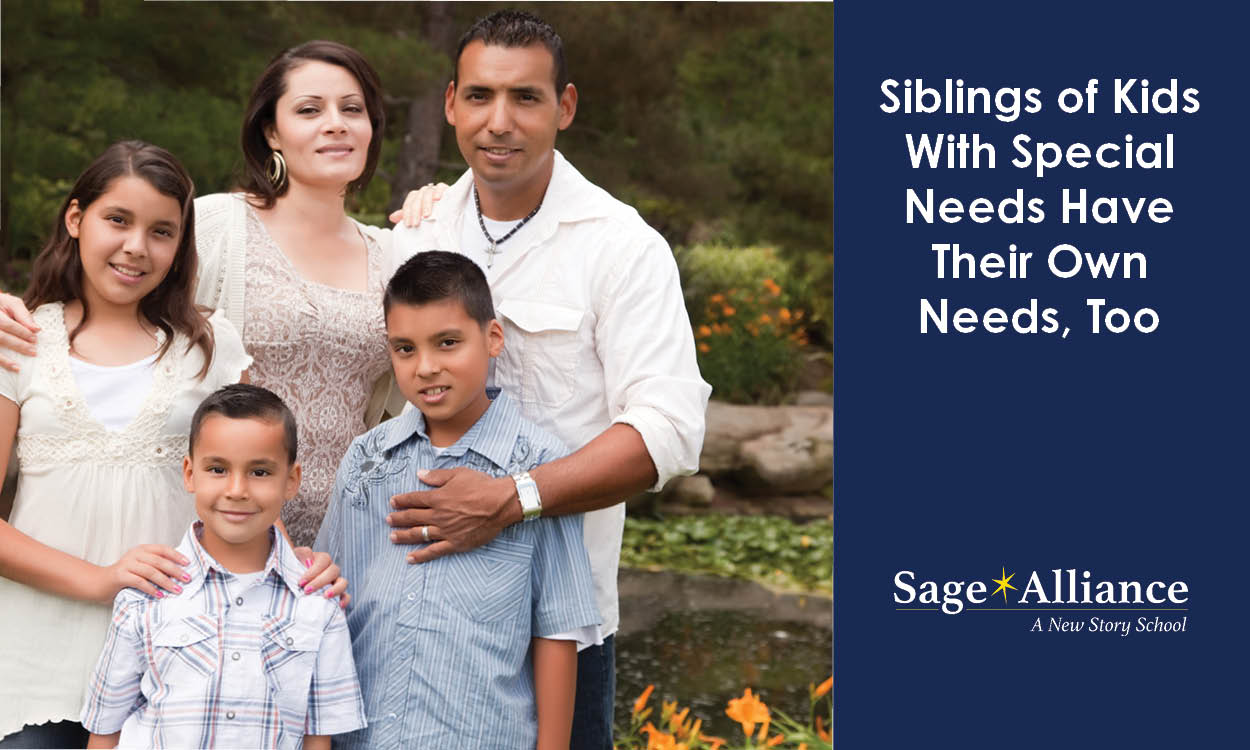Breaking Bad News to Your Child
Posted: August 18, 2017 | Written By: | Category: Coping

As parents, we’re sometimes forced to be the bearer of bad news to our children. Here are some tips to help your child cope with unsettling news.
-
Accept that there is no “good time” to break the news. Whether you’re holding off on telling them what is happening because of a birthday, holiday, or finals week, accept that there is no good time to break the news. Though it’s true that certain times are more appropriate than others, putting off a conversation won’t make the news go away.
-
Practice the delivery. Writing out what you plan on saying can help you prepare to be direct with unsettling news. Delivering the news is difficult, but your child will need your support as they process what you’ve just told them. Decide ahead of time if there is something that is not appropriate for them to know at this stage of their life. Withholding some facts that may hurt more than help them understand is not a bad thing.
-
Stay calm. Children will mirror severity of a situation they may not completely understand based on your emotions. Maintain a calm demeanor and ask if they have any questions so they can understand their own feelings.
-
Reassure them. Upon hearing bad news, kids can jump to fear of how it will negatively affect their lives. Some internalize news and believe that someone else’s tragedy can happen to them. Show them that negative events are learning experiences that everyone must face as they grow older.
-
Be emotionally available. In the days following a stressful conversation, kids may still want to talk about how the news has made them feel. Encourage them when they bring it up to talk through emotions, but don’t let them dwell in fear or negativity.
If you see your child withdrawing as a result of hearing unsettling news, it can be helpful to give them a way to release emotions. Providing them with art supplies or a journal to write down feelings that are hard to communicate in person may help. Never hesitate to reach out to counselors that are equipped to talk with your child if you feel they need more support.
Want to be notified of new articles and resources from Sage Alliance? Click here to submit your email and opt into our newsletter.









